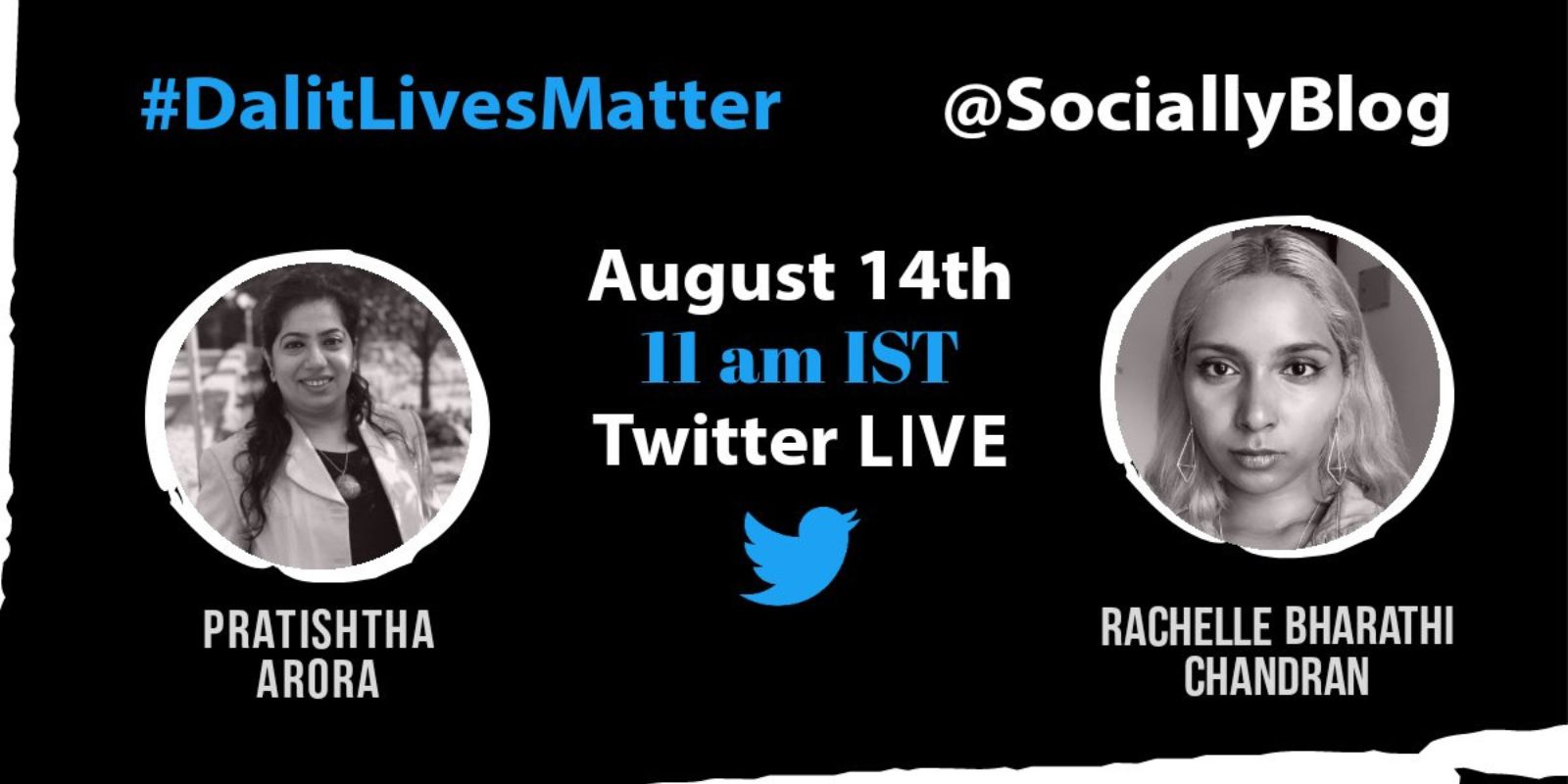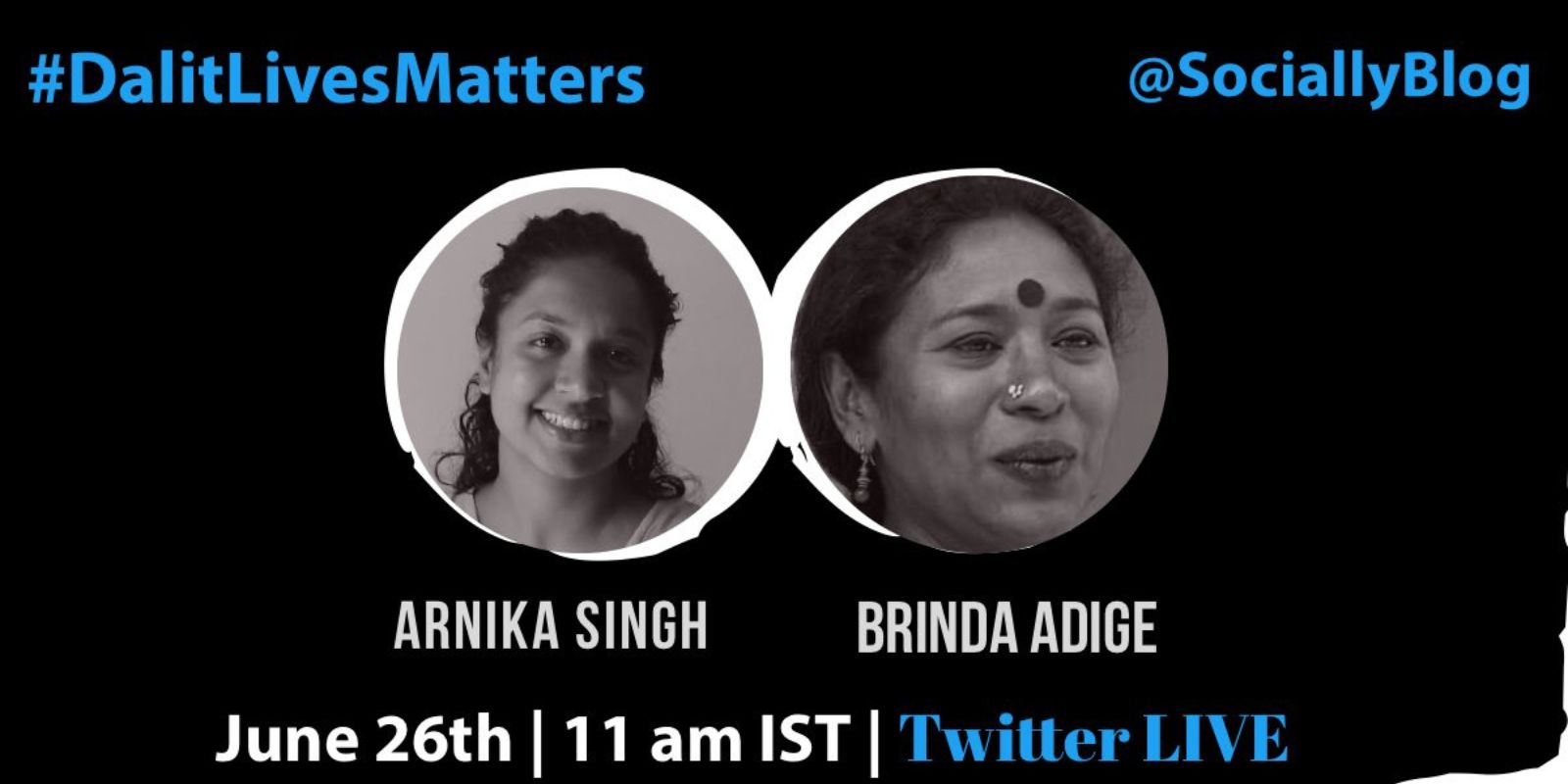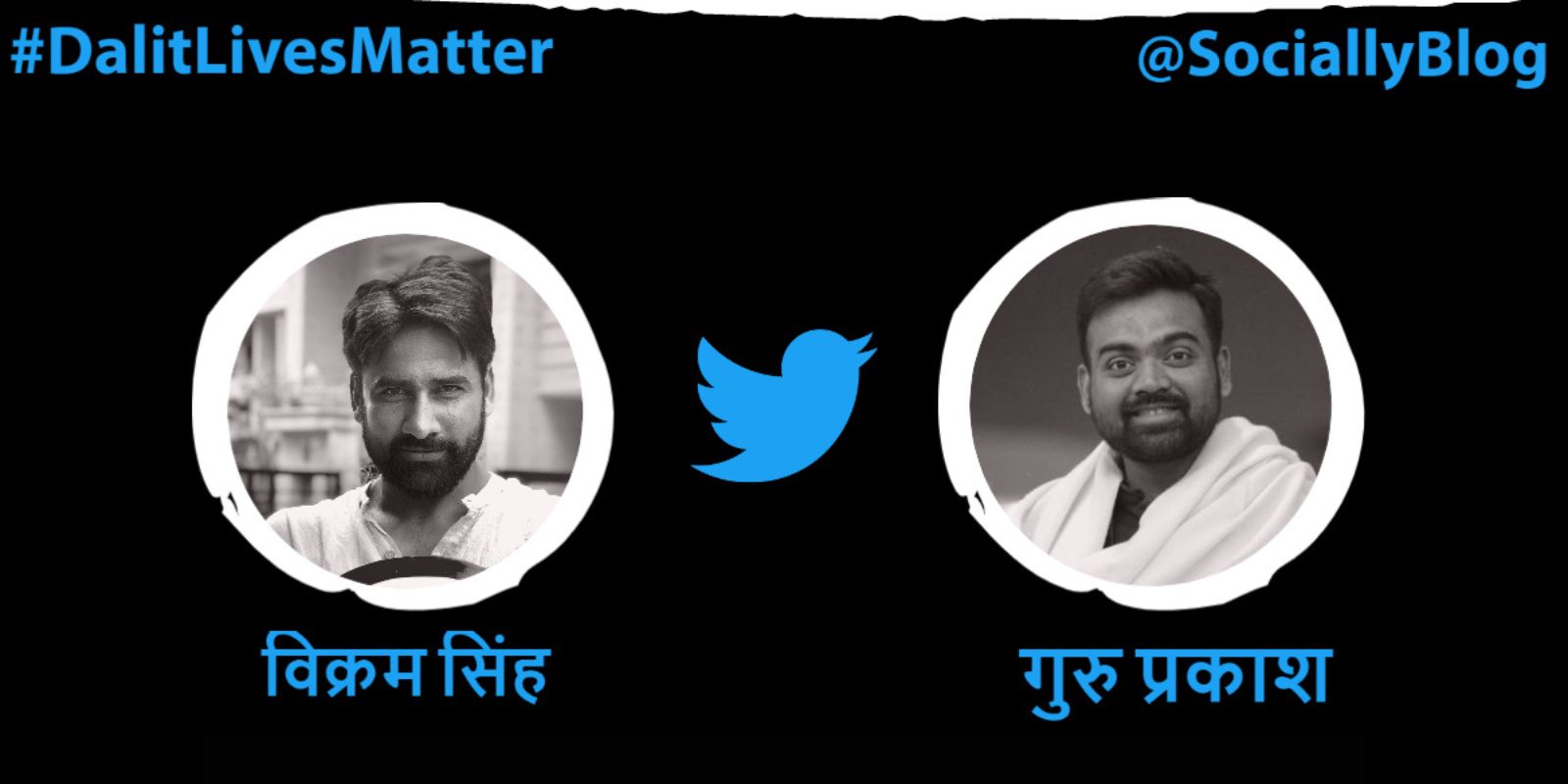Dalit Lives Matter




Project Type
Online Conversation
Supported by
NCDHR
Location
Online
Overview
Dalit Lives Matter, an initiative by Social & Media Matters, confronts the persistence of caste-based discrimination in digital spaces—where historical hierarchies are often reproduced through new forms of harm. While the internet offers opportunities for connection and self-expression, it can also amplify systemic oppression. This campaign uses research, advocacy, and public dialogue to uncover caste-driven hate speech, spotlight digital exclusion, and empower Dalit and marginalized communities to assert their rightful voice in online discourse.
A key outcome of this work is the landmark report, “Caste Hate on the Internet and Remedies to Combat,” with the National Campaign on Dalit Human Rights, and the Global Forum of Communities Discriminated on Work & Descent. The report analyzed over 1,000 social media posts across platforms like YouTube, Instagram, Facebook, and X (formerly Twitter), documenting how slurs, memes, cyberbullying, and misinformation contribute to deepening caste divides—especially during sensitive times like elections. The findings call for stronger legal frameworks, better content moderation, and community-informed solutions to build safer, more equitable digital environments.
The campaign extends beyond data with the Dalit Lives Matter online speaker series—a set of live Twitter conversations featuring voices such as Priyanka Samy, Prof. G.S. Meena, and Rachelle Bharati Chandran. These dialogues unpack the intersection of caste, gender, and online abuse, focusing on the unique vulnerabilities faced by Dalit women. Speakers share both personal narratives and expert perspectives on challenges like caste-conditioned language, systemic silencing, and the failure of reporting mechanisms on digital platforms.
Inspired by global justice movements like Black Lives Matter, the campaign draws parallels across oppression shaped by caste, race, class, and gender. It has mobilized support through online activism, solidarity marches in cities like New York, Toronto, and Berlin, and media coverage by outlets such as The Quint and India Times—especially during moments of public reckoning like the Hathras case. These efforts help amplify Dalit voices globally and connect local struggles to international movements for justice and equality.
In addition to advocacy and awareness, Dalit Lives Matter actively supports platforms of resistance and representation. Initiatives like Dalit Camera challenge mainstream media by offering alternative narratives, while Dalit History Month celebrates Dalit achievements—particularly of Dalit women—through storytelling, art, and cultural expression. These narratives not only preserve lived experiences but also help construct a collective memory rooted in pride and resilience.
Through its intersectional and multi-pronged strategy, Dalit Lives Matter calls on tech platforms, policymakers, educators, and civil society to acknowledge and address caste-based digital harm. The campaign affirms that digital equity is not only a safety issue—it is a matter of justice, dignity, and fundamental rights for Dalit communities across India and the world.
